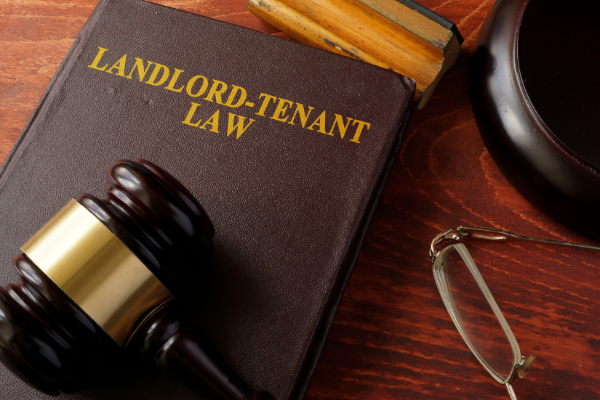South Dakota has recently enacted extensive revisions and additions to many state statutes. The changes will take effect on July 1, 2020.
This is a summary of three newly enacted legislation that directly affect landlords and tenants in the state. Every situation is different. Please consult with counsel to determine how these changes may impact you. This information is being provided for your review and consideration. If you have any questions or would like additional information, please don’t hesitate to contact any of the attorneys at GPNA.
- Change to certain eviction procedures
This is a summary of new legislation that has altered the procedures for a landlord to provide notice of an eviction action to a tenant. Previously, the statute did not specify the number of attempts the landlord must make to notify the tenant of the pending action. Now, for notice being completed by summons, a sheriff or other person authorized to serve the notice must attempt notice on a tenant at least twice. These attempts must be at least one week apart and both attempts must be within thirty days of each other.
Additionally, a new statute has been added regarding service by publication in a newspaper. If the landlord is seeking to provide service by publication in a newspaper, the landlord will need to publish the summons in an appropriate newspaper on the same day that the first attempted service by the sheriff is attempted. The landlord will only need to publish this notice once.
The defendant tenant must appear before the court within four days from being served with the summons or within thirty days of published service, whichever is sooner. The legislation also authorizes the court to order double damages to be paid to the landlord if the tenant holds-over on the property after the end of the lease.
2. Protections for victims of domestic abuse
This is a summary of a newly enacted statute that provides protections for tenants who are victims of alleged domestic abuse. No residential lease may contain any term authorizing eviction of a tenant seeking assistance for or being a victim of an alleged incident of domestic abuse. If a tenant or a member of their household is the victim of alleged domestic abuse, the tenant may terminate the lease and vacate the property without early termination fees as long as they meet certain conditions, which includes certain forms of documentation.
If such a tenant terminates their lease, the landlord may not disclose the tenants contact information unless required by law or with the consent of the tenant.
3. Attorney’s fees in a retaliatory action
The final legislation in this summary amends a statute to remove the previous cap on the amount of attorney’s fees that may be awarded to a tenant facing retaliatory conduct. Previously, a tenant successful in proving that their landlord has acted in a retaliatory manner was only able to be awarded up to $500 in attorney’s fees. Retaliatory conduct can arise, among other situations, when the landlord has received written notice of certain conditions requiring repair and then increases rent above the fair market value, decreases utility services, or gives the tenant notice to vacate the premises when there has been no breach of the lease.
Author: Jacob Beckett, Legal Intern
Co-Author: Lisa Cagle, Attorney


